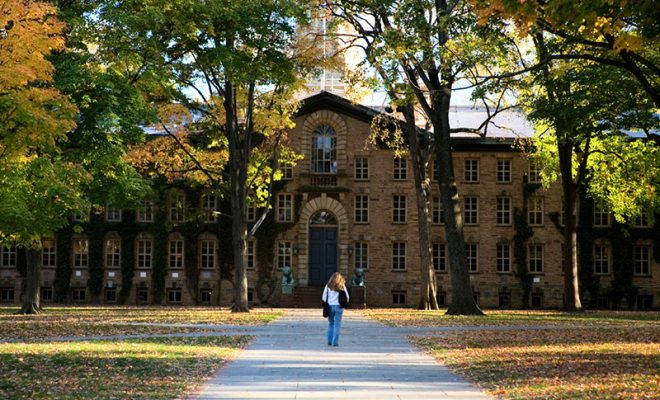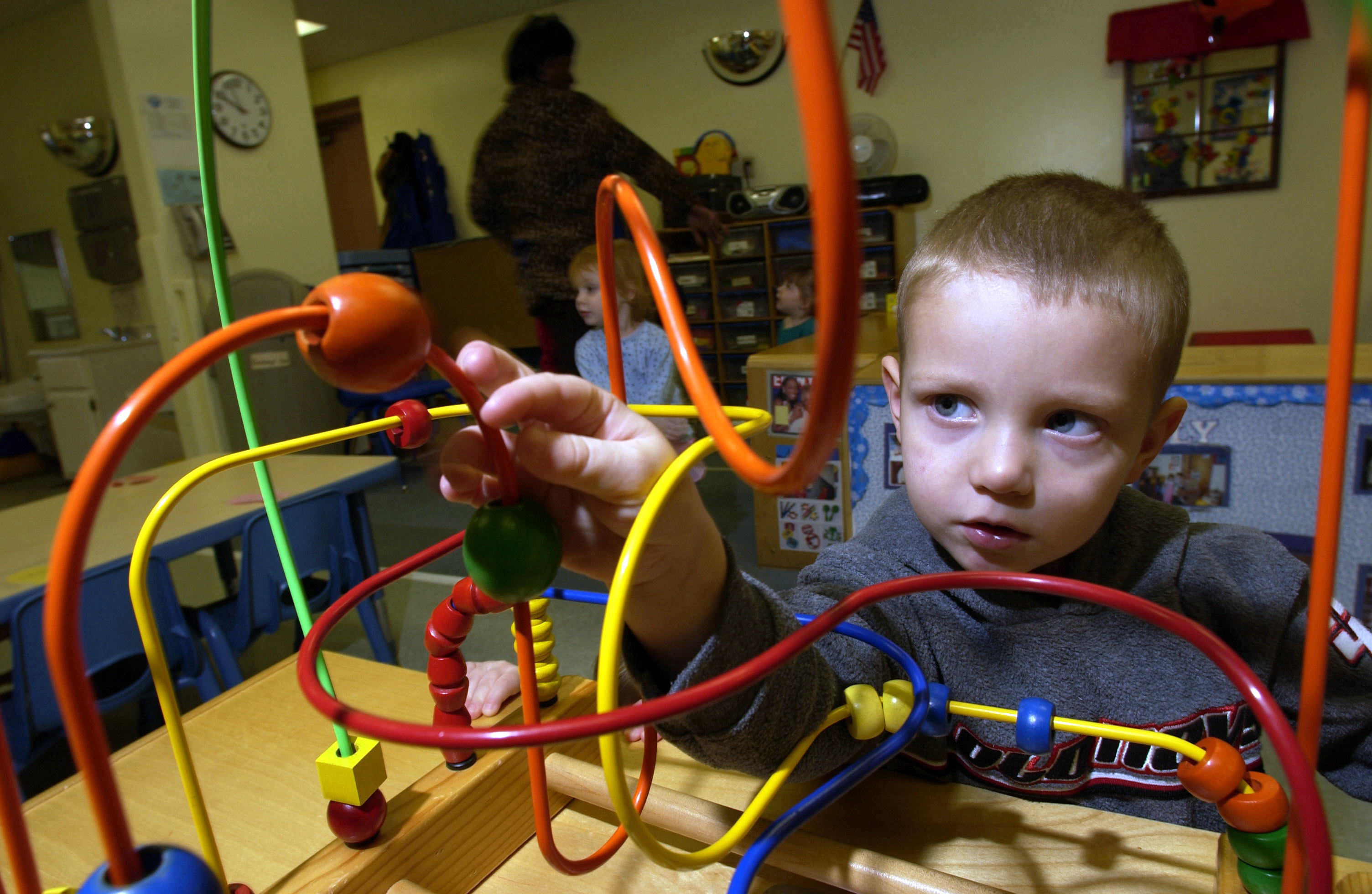How Colleges and Universities Can Improve Educational Quality and Degree Offerings

To read all the articles in this series, click here.
Higher Education as a whole has come under scrutiny in terms of the educational quality it provides. Such scrutiny has come from policymakers, members of the media, employees, and families. The general consensus is that colleges and universities need to place greater emphasis on academic quality and degree offerings.
Many institutions must reevaluate their stance on program offerings and how this is limited by their institutional mission. This issue includes both the variety of degrees to offer and the teaching methods employed by faculty. To contemplate such changes is significant, as for many institutions their program offerings are fundamentally bound to their ethos. For liberal arts colleges and institutes of technology, for example, the mission statement quite often determines the academic programs and degrees offered.
Increasingly, institutions are turning to technology and developing innovative infrastructures to offer a wider range of online degree opportunities. These offerings leverage the principles of blended and hybrid learning to cater to the scheduling needs of busy adults. In these programs, students take classes where a percentage of the traditional face to face instruction is replaced with online learning. If students cannot attend classes, they can attend in a completely online program, where all of the work is done online, and they never have to step foot in a college classroom.
Student learning outcomes and assessment are central to an institution’s overall academic quality. In addition to this, accrediting agencies and federal bodies are calling for increased transparency in terms of these assessments and learning goals. The most salient questions for these stakeholders are a) How can institutions assess learning? and b) how much are students actually learning and internalizing? The relationship between academic quality, program offerings, and the student learning experience is what needs to be prioritized by colleges and universities.
It is of critical importance that the university has clear ways of demonstrating and quantifying the work it is doing. A detailed and complete picture of academic quality that takes into account program offerings, the learning experience, and student learning outcomes will be increasingly necessary given trends in accreditation as well as the possibility of state and federal mandates. It is changes such as these which institutions of higher education must plan for and adapt to.






